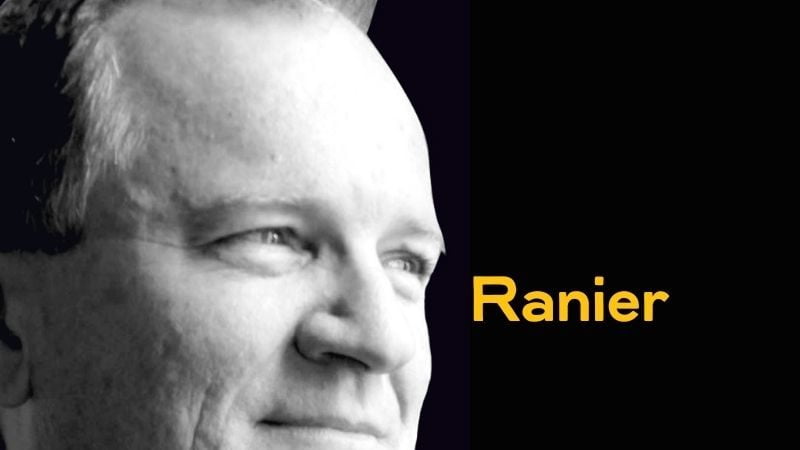As the economy re-opens, and a general election looms closer, their voices will rise, the preachers of the national prosperity gospel. Brace yourself for promises of Scandinavian-style social welfare on low taxes (why haven’t the Swedes ever thought of that?), if not even further tax cuts, and grand-though-hazy visions of where Malta can go next.
Let’s not be unfair on the two political parties vying for government. Some of this rhetoric is inevitable. Some of the vague generalities may be driven by the need for simple communication, and not because there’s really nothing there.
So are there ways of flushing out the charlatans? Yes. One is to ask if what is being promised defies Malta’s particular economic constraints. Here’s a very short list.
First, discount anyone who says we can be Singapore. Only the reckless, nowadays, would suggest we would want to be Hong Kong, given the way China is treating it. But Singapore remains a perennial favourite with some local visionaries.
Put to one side that Singapore has political conditions that would be widely resented in Malta: a virtual one-party State, stratospheric salaries for politicians, and curbs on liberties that in Europe are taken for granted.
Singapore’s prosperity stems from its location in a ‘middle sea’ surrounded by growing economies, not least China. Malta is in a middle sea on whose southern border lies the Arab region, with the second least-developed economy in the world and medium-term prospects of yet more instability.
Malta can never be Singapore even if we pulled out all the stops. Anyone who suggests otherwise is displaying strategic illiteracy.
Second, we are not France or Italy, countries whose cultural prestige needs no advertising because Hollywood and news reporting do it for them. Nor are we Switzerland, boasting great watches and chocolate, apart from financial services, or Monaco, boasting glamour — both worth a detour if you’re American, or a member of the affluent Arab or Chinese middle classes, ‘doing’ London, Paris, Rome and Florence.
So any recycled proposal to promote high-end cultural tourism to Malta needs to come with commitments to heavy promotion and investments. None of them will be worth the paper they’re printed on if our culture czar is the same guy who took care of Valletta 2018, with its many kitsch non-events, and whose idea of urban design is plonking down giant flower pots in front of a Renzo Piano building. Whatever next, garden dwarfs?
Third, our economy needs to have high quality policing and intelligence services (financial, military, etc.). To our south, we have unstable and failing States; to our north lies the base of several international criminal organisations. We are always in danger of being used as a centre of illegal trafficking.
If we do not take care to establish our credentials on law and order, we risk everything. Our democracy will be effectively lost, as criminals will invest in politics. We also risk a backlash from law-abiding partner States.
It won’t just be sanctions or greylisting. We would lose any authority to argue against those voices in the EU that want a more centralised Republic of Europe, which is not in our national interest.
Fourth, we need to have the reputation of being tough on crime (blue-collar, white-collar, Chinese-collar) because it’s our fate always to be accused of being system cheats. One of our comparative advantages is to be able to offer attractive terms to foreign investors: exploiting our State’s ability to come up with its own regulatory framework to offer incentives to experimental or new ventures.
Since this strategy involves exploiting legal loopholes, it will be resented by States that cannot afford to be so experimental. We are fated always to insist on the letter of the law — since, as a micro-State, we have no chance of determining how its spirit is to be interpreted.
But to insist on the letter of the law, we need to abide by it ourselves. Otherwise, we lose our own protection against the bluster of larger States.
Therefore, to be taken seriously any economic strategy needs a focused perspective on our forces of law and order. Not a wish list but a set of concrete goals. Up till 2013, our army was being systemically upgraded in terms of equipment and training. Where is it now?
There will also be promises, of course, on education, the environment, transport and sustainable development. And there will also be plenty of time to scrutinise those.
But all those promises would have to be implemented within that of a larger strategic context. Our neighbourhood is dangerous and systemically weak on law and order. As a micro-State, we have a vested need both for a liberal international order and for a conservative interpretation of the letter of international and European law.
We cannot insist on either of those if we have the reputation of being a semi-rogue State. We need not merely restore our reputation for law and order but, in a more dangerous world than we had a decade ago, to build a sterner one than we had before.
That leaves plenty to argue over politically. But how politicians address the strategic constraints is the way to separate those who deserve our respect from those who are auditioning to be garden dwarfs.













Have we ever had a reputation for law and order? If so, when did we move from that to: Enforcement? In Malta? LOL!